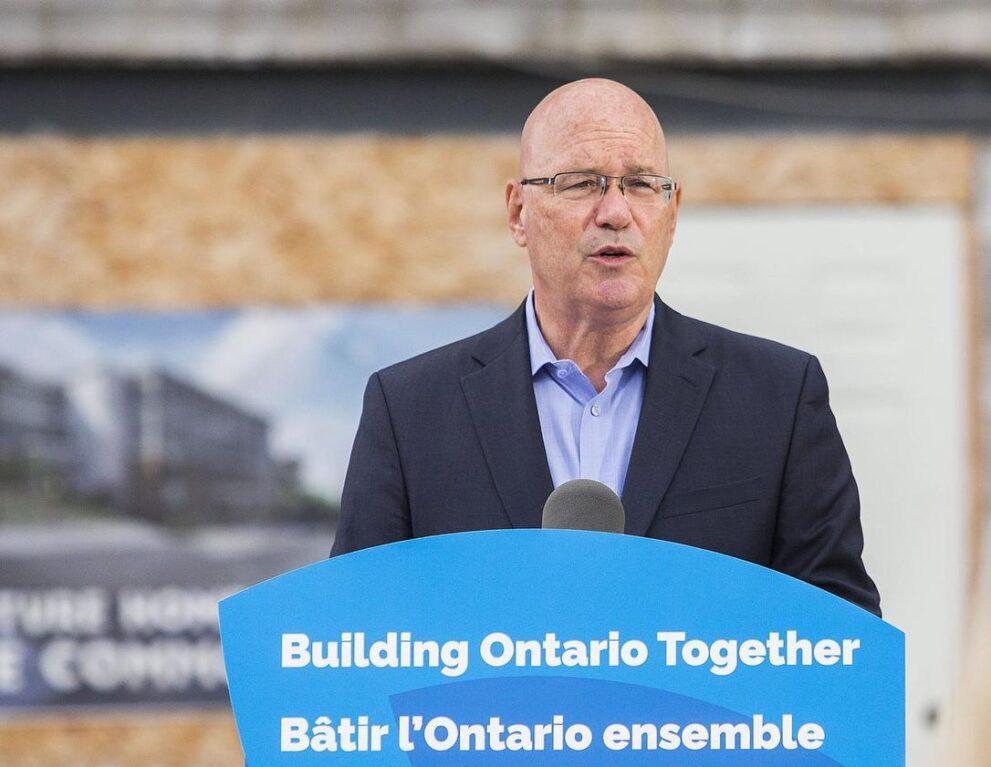Findings will support provincial work to boost housing supply and affordability
TORONTO — Ontario has selected a third party to audit the finances of six municipalities as part of its ongoing work to build 1.5 million homes by 2031. Following a competitive procurement process, Ernst & Young LLP has been retained to examine the finances of the City of Toronto, Peel Region, Mississauga, Caledon, Brampton, and Newmarket. The first phase of the audits is expected to conclude around the end of 2023.
The audits will help provide a clear and shared understanding of the impacts of changes to development-related fees and charges included in the More Homes Built Faster Act. In response to recommendations from the Housing Affordability Task Force, and to make housing available to people who need it most, Ontario is eliminating development-related charges on affordable housing units and has also eliminated charges on non-profit housing units. Development charges for family-friendly purpose-built rentals were also reduced by up to 25 per cent, in order to spur the construction of this much-needed type of housing. Development charges can continue to be levied on most market housing. The impacts of these changes will be a central area of focus for the audits.
“This next step in the audit process is a critical part of our work to rein in the soaring cost of housing across Ontario, particularly when it comes to affordable, non-profit and family-friendly purpose-built rental housing,” said Steve Clark, Minister of Municipal Affairs and Housing. “We want to ensure development-related charges and fees are being used in a manner that supports increased housing supply and critical housing-related infrastructure, but which does not unduly raise the cost of finding a home for hardworking Ontarians.”
Lessons learned from these audits will inform future provincial policies and programs supporting long-term municipal financial sustainability and housing-related infrastructure investments.
Development charges are typically levied by municipalities on new homes in order to pay for the cost of roads, water and wastewater facilities, and other infrastructure. However, the Housing Affordability Task Force found these charges, which have increased in some municipalities by as much as 900 per cent in less than 20 years, are a significant part of the reason housing costs have increased in many parts of the province and concluded they could create “a disincentive to build housing that is more affordable.” The province’s changes balance these concerns by leaving development-related charges in place for most types of housing while prioritizing their reduction or elimination for affordable, non-profit and family-friendly purpose-built rental housing.








